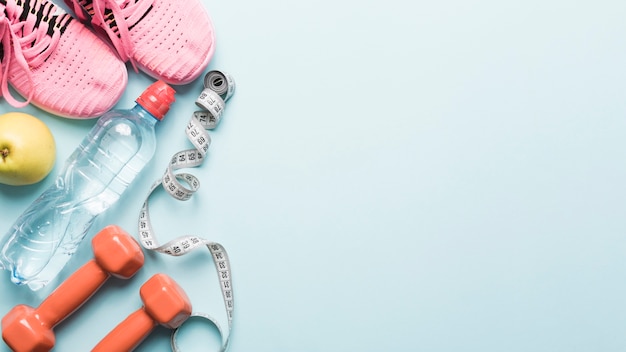Aging and The Eyes: How to Maintain An Age-Proof Vision
As we grow older our eyesight follows suit, too. While this is a natural process and is inevitable, it is always a good decision to aim for healthy living especially if we wish to continue doing the things that we love closely as we used to be during our youth.
What are the conditions that could possibly occur to an aging eye?
Presbyopia
As most people reach their mid-40’s or 50’s, the ability to see close and small objects starts to lose. It is because the lenses of the eyes turn less flexible which makes it difficult and a reason why most at that age would need reading glasses. They would also experience headaches and strained eyes due to this condition. Eye surgery, presbyopia treatment, and reading glasses can often correct this condition and may improve distance vision.
Floaters
Floaters are often a common experience and considered a normal part of aging. These are the tiny specks or “cobwebs” that seem to float across your vision, which can be often seen in well-lit rooms or outdoors at a bright time of the day. This happens when jelly-like fluid behind the lens starts to break down. Usually, people experience this in their 50’s and 60’s.
When should you need it checked by an eye doctor? If you are seeing a sudden ample amount of floaters accompanied by light flashes, you should have it checked right away as it could be a sign of a more serious problem like retinal detachment.
Dry Eyes
This is the condition in which there is an insufficient supply of tears that the eye produces in the protection of the cornea. This is an inflammation caused by the sun, high blood pressure, stress, and more factors. During aging, you would usually start to feel burning, stinging, and brim with tears in the eyes. These are all felt and worsen if you’re also into smoking.
Dry eyes are usually treated with over-the-counter artificial tears or with a nighttime gel application. To prevent it from developing, eating foods such as salmon, tuna, halibut, which are high in omega-3 fatty acids and chia seeds may help as well.
Glaucoma
Glaucoma is a widely hereditary eye condition in which occurs when a buildup of too much fluid pressure comes in front of the eyeball. This can lead to vision loss when the optic nerve has been damaged and not treated.
There are no early symptoms for this condition which is why it’s also called the “silent disease”. Because of this, annual eye exams are highly recommended after the age of 40, and if detected early enough, eye drops, laser, and surgery can help control it.
Drooping Eyelids
As one gets older, the skin in the eyelids may start to droop over the eyelashes, and sag when beneath the eye, therefore interfering with vision. This often occurs when people reach their 70’s or 80’s, and outpatient surgery is the usual solution to get it easily fixed.
Aim for an age-proof vision!
Nutrients That Your Eyes Need
For eyes to be healthy, it must have a good supply of:
- Lutein and Zeaxanthin
- vitamins A, C, E
- beta-carotene
- omega-3 fatty acids
- zinc
- Bioflavonoids
- Selenium
Here are some simple but effective tips to get your age-proof vision goals!
Say no to smoking!
This obviously brings harm, and not only to the eyes but to various organs of the body too. In our previous blog about smoking and vision, you could find more eye diseases that one could get if this bad habit continues. Better stop now and start being a health enthusiast.

Stay active and manage your weight
Being physically active is a very important part of almost any age, but more so when it comes to aging. There’s also a study that has found people who were physically active and drank occasionally experienced less vision loss over 20 years than those who didn’t exercise or drink at all.

When it comes to weight management, it is important to maintain a healthy weight as for instance, being overweight affects your heart, blood pressure, blood sugar control, and also your vision. You are far more likely to develop cataracts than those who weigh less. Research also found that obesity increases the risk of glaucoma, diabetes, high cholesterol, ARMD, and insulin resistance. Rather than losing too much weight, which research still needs a lot to work on for a solid conclusion, it is better to just take the moderate approach and get a good weight balance. Consult your doctor for the appropriate management for you.
Eat nutritious foods and take health supplements
Make smart food choices that cater to overall health including vision maintenance and improvement. Some of these foods are fish, eggs, almond, green leafy vegetables, spinach, kale, oranges, and more! It’s also wise to break down the foods you will consume according to the nutrients mentioned above. Here’s a detailed list of eye health’s needed nutrients and their food counterparts.

Add in your menu a prescribed or appropriate take of an eye health supplement that contains all of the needed nutrients that your eyes need.
Control related to existing conditions
If you have conditions like diabetes or high blood pressure, make sure you also manage and control it as it worsens your eye health too.


